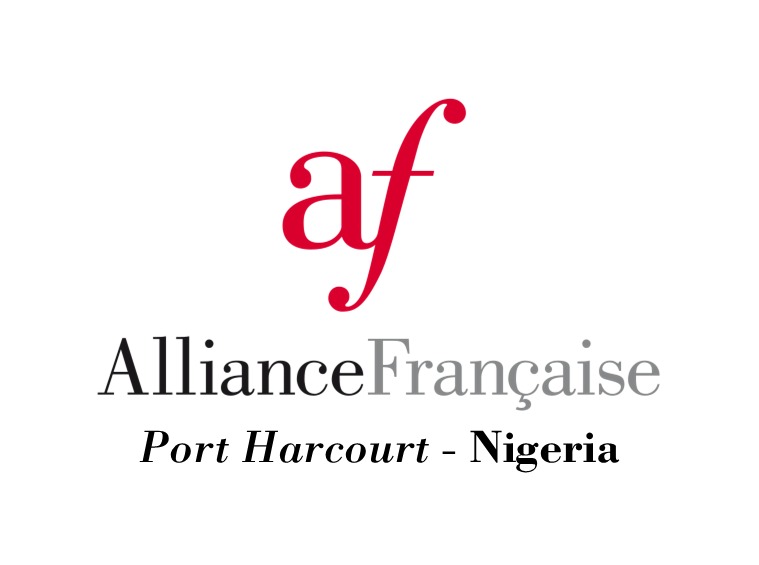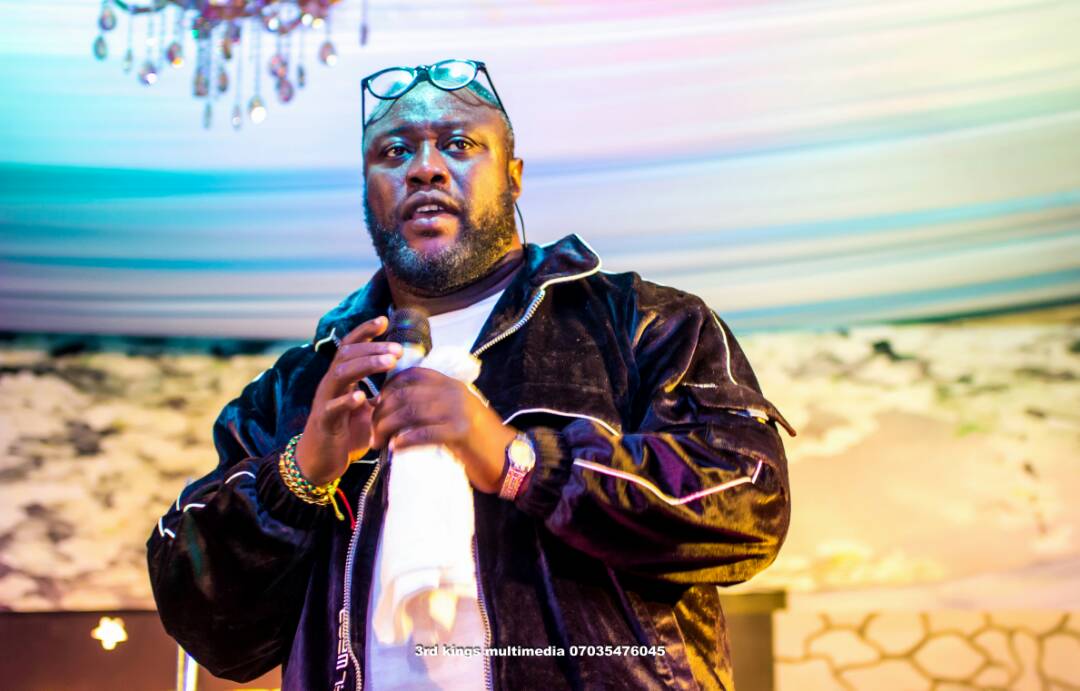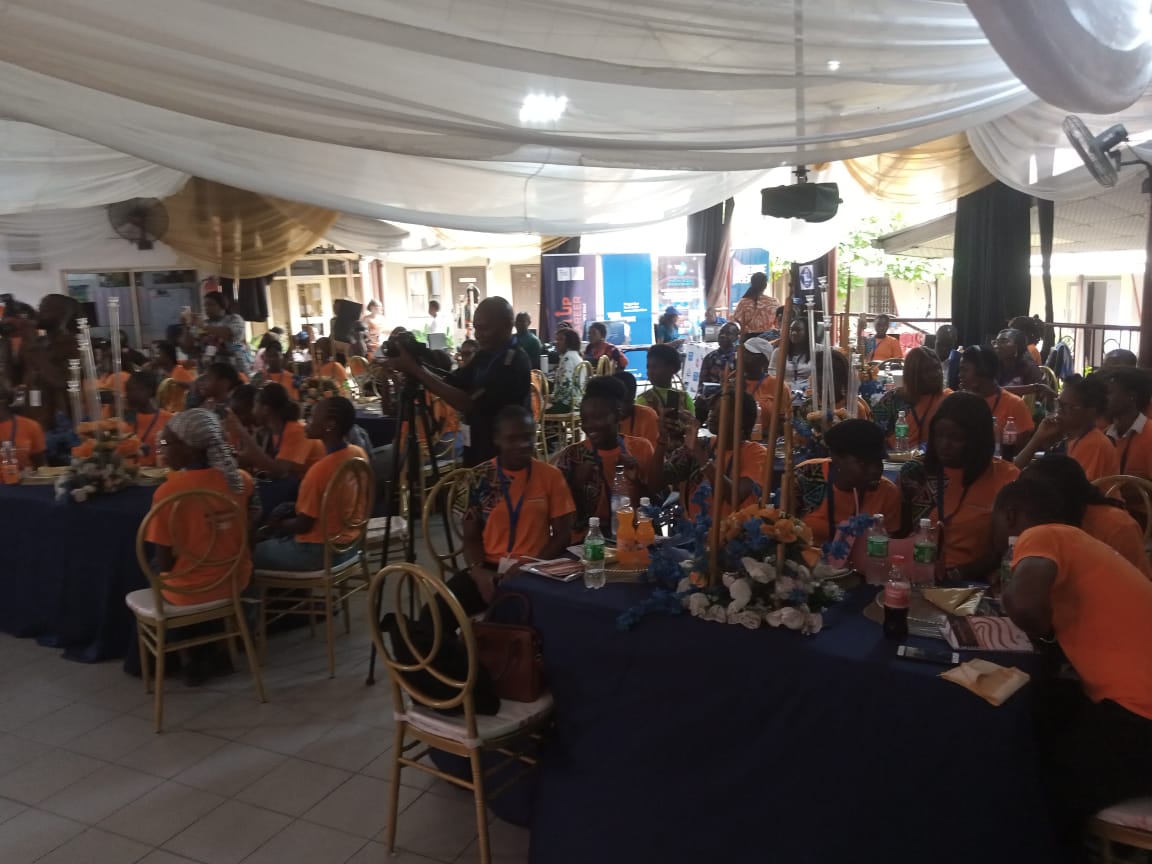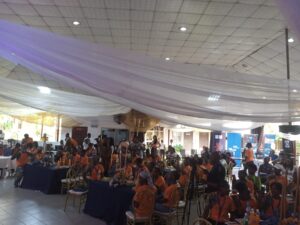Entertainment
Overview Of Media, Entertainment Laws In Nigeria
Media and entertainment law are concerned with legal services rendered by the entertainment industry. This involves the legal and business issues in the entertainment industry that arise from the application and interpretation of laws relating to matters such as negotiations of contracts, representation of artistes, immigration, protection of intellectual property, finance, corporate, employment, tax, insurance etc.
Media law covers legislations that regulate the media such as TV, music, art, internet etc. However, it is important to state that there is no definite legal frame work on media and entertainments in Nigeria however, there are other laws supplementary to the activities connected to entertainment and media which will be briefly discussed hereunder
Copyright Act Cap C28 LFN, 2004
Copyright is an exclusive right granted to an originator of creative work to use, publish, produce and reproduce the work for a given period. The copyright Act provides for the protection, transfer, infringement, penalty, the remedy of the creative works of authors and artistic works, song writers, music publishers, cinematograph films, photographers and all sound creative in the media and entertainment industry.
This protection grants the creator the exclusive right to control the use of his creative works and prevent unauthorised person from copying, adapting or passing off a creative work as theirs.
Section 1 of the Act provides that the following listed works in the media and entertainment are eligible for copyright
– Literary works.
– Musical works.
– Artistic works.
– Cinematography films.
– Sound recording.
– Broadcast.
National Broadcasting Commission (NBC) Act 1992.
The Act regulates and governs the broadcasting sector such as Radio and Television of the media industry in Nigeria. The Act establishes the National Broadcasting Commission (NBC) in section 1 and empowers the commission to regulate and control the broadcasting industry, among others
It also provides that to operate a radio, sound, Television, cable, satellite station, a license is to be issued and granted by the NBC as empowered by section 9 of the Act.
Trademarks Act 1967
The registration of intellectual property of a trademark seeks to protect a sign, word, mark, logo symbol, pattern or colour that distinguishes one’s brand of goods or services from that of others to make it easily recognisable and relatable to a brand in a commercial market in Nigeria.
A trademark once registered is valid for an initial period of 7 years but is subject to renewal for a subsequent period of 14years from time to time following the provisions of the Act as provided in section 23(1)
Trademark registration is one of the important means of protecting identities of authors and creators in the entertainment industry.
Companies And Allied Matters Act 2020
To commence business operations such as record labels, film production, companies management, etc, in the entertainment industry in Nigeria, one must register a business name, company or partnership with the Corporate Affairs Commission (CAC). The Act establishes the Corporate Affairs Commission which is the government agency established for the purpose of registration and regulation of companies in Nigeria.
The laws that regulate and govern intellectual property in Nigeria form the foundation of the legal frame work for the media and entertainment industry.
The majority of media and entertainment activities are intellectual property related. The media and entertainment industry is one of the fast rising industry in Nigeria which has generated huge revenue for the industry operators and government.
By: Jacob Obinna
Entertainment
World Music Day: Alliance Française Port Harcourt Showcases Talents

The Garden City of Rivers State Port Harcourt at the weekend joined other parts of the world to celebrate the World Music Day, 2025, as Alliance Française showcases talents.
The event which is internationally known as Fête de la musique was held at cultural hall of the Alliance Française was a remarkable concert with memorable experience.
The event brought together music lovers, students, Artistes and members of the community For an exciting evening live performances and cultural exchange.
The Tide Entertainment reports that the world Music Day, which was created 1982 in France by the then Minister of culture, Jack Lang, ‘ Fête de la Musique’ is now celebrated in more than 100 countries every 21st June, marking the first day of summer with free concerts and musical showcases in public spaces.
In Port Harcourt, the Alliance Française honoured the tradition by spotlighting four(4) emerging artistes offering a platform to young talents shaping the city’s contemporary scene.
The audience enjoyed an unforgettable moments as they were entertained by the powerful performances from Preach A, who is known for blending fitness culture with spoken words and rhythm.
Also, artiste Emmayany delivering a vibrant fusion of afrobeat and afro pop. A singer, song writer and a performing artiste with a distinct sound.
Others were Amarachy Uko, a sensational singer with passion for soul , R&B, pop music and afrobeat.
While DJ Prospel closed the night with an energetic DJ set that got the entire hall dancing.
Earlier, the Director, Alliance Française, Port Harcourt Mrs Marina Lacal high lighted the mission of the Alliance Française saying that the event was more than a concert.
According to her, the event was put together by the Alliance Française to promote cultural diversity and foster artistic expression by connecting a long standing French tradition with creativity of the local music scene, adding that the event offerers an avenue for dialogue between culture and generations.
She stated that the event is used to promote professional and bring amateur artistes to limelight via the platform of the Alliance Française which is aimed at promoting the French Language through cultural heritage.
She explained that the celebration is also a broader series of Fête de la musique activities organized by the 10 Alliance Française across Nigeria in sync with concerts held in France and around the world simultaneously.
She further noted that the occasion reaffirms the role of Alliance Française as a cultural bridge, one where French heritage meets the pulses of Nigerian youth.
It would be recalled that no fewer than 19 artistes applied to perform at the event in Port Harcourt, but only four got approval for appearance.
Entertainment
PMAN Set To Implement Performance Levy ‘Tomorrow

The Governor of the Performing Musicians Employer’s Association of Nigeria (PMAN), Rivers State chapter, Comrade Moses Mabadeje popularly known as Mozy B said that the body has announced plans to implement performance Levy on artistes in the state with effect from 21st June.
This was carried in a statement released to The Tide Entertainment, yesterday by the Deputy Governor of the association, Comrade Abiye Howells.
According to the Governor, the announcement was made by PMAN, the only governing body that regulates the music profession in Nigeria, as authorized by the Government of Nigeria, in line with the Trade Union Act.
He stated that those affected by the Levy include (Non members)bands, groups, Hotels, Bars, lounges, Event Centres, show organizers, promoters and other stakeholders hosting events which feature live music performances within the State.
However, the Levy does not apply to members of the Performing Musicians Employer’s Association of Nigeria. (PMAN).
Comrade Moses Mabadeje, explained that this drive is aimed at financing the association and supporting the welfare and interest of musicians as outlined in Article 8 of the PMAN constitution as amended (2023). Consequently, a PMAN task force has been set up to enforce and swing into action to effect this move.
He further said that event organizers, promoters and owners of event centers are expected to comply with this regulation as the Governor has urged stakeholders to collaborate with the association to ensure the successful implementation of the levy and the peaceful co-existence between PMAN and Stockholders.
Nancy Briggs
Entertainment
“French Up Your Career” PH, 2025 :Consul General Of France Harps On Proficiency In French

The Consul, General of France in Nigeria, Laurent Favier has encouraged French Learners to improve their skills on the language, as there are lots of opportunities up for grabs on the job market with fluency in French Language, saying that there are many other career paths which are often less well known to learners of French.
 Participants at the “French Up Your Career” event held in Port Harcourt.
Participants at the “French Up Your Career” event held in Port Harcourt.
Favier who disclosed this during the just concluded third edition of the seminar tagged “French Up Your Career” organized by Alliance
Française, Port Harcourt explained that learning French doesn’t mean adding a language to your resume. It rather provides learners with new opportunities. Irrespective of their area of interest, be it diplomatic and International relations, international development, translation and Interpretation or journalism.
According to the Consul General, it was important to create awareness for young Nigerians in Port Harcourt who desire to have better understanding of how been fluent in French can create diverse career opportunities for users of the languages in Nigeria and the world at large, emphasizing that proficiency in French could possibly make learner a bridge between Nigeria and fast-developing regions.
“You previously heard this morning about how you can improve your French skills. This afternoon you will discover how being fluent in French can provide a significant edge on the job market and lead to professional careers that you may not have even considered before,”
“This event comes at the right time, as it launches the celebration of the richness and diversity of French-speaking cultures, which will mobilize us for more than a month throughout Nigeria and alongside other French-speaking countries,” Favier added.
He further highlighted that French is spoken by over 300 million people across the world, saying that, it’s one of the official languages of the United Nations, the European Union, and the African Union.
“There are many neighbouring African countries to Nigeria ,who have French as one of their primary languages of communication including Cameroon, Chad, and the Democratic Republic of the Congo. So, what does this mean for you as students here in Nigeria?” He asked
“These sectors in which the French Embassy is often mobilized are the business and marketing field for example, as French is often the preferred language in many multinational companies, particularly those in the energy, oil and telecommunications sectors. I’m thinking as well in technology and IT,” he said
He noted that French-speaking countries in Africa are investing heavily in tech, innovation, and infrastructure, revealing that companies in Tech are looking for bilingual professionals to assist with software localization, customer support, and managing projects in French-speaking regions.
“The French embassy is not only mobilized to help learners discover promising sectors. We are also providing our support and expertise in
training teachers and optimizing university programs,” he summed up
Also, the linguistics cooperation attaché, French Embassy in Nigeria, Magaly Losange, who also gave a lecture at the seminar, in an interview with Newsmen said that the main purpose of the seminar was to be more informative and supportive to those who want to make a skill out of French Language,saying that as the linguistics cooperation attaché of the French Embassy it is her duty to promote French language through culture.
She cited traditional stereotypes as a major challenge affecting the growth and development of French in Nigeria, as school, teachers at the primary and secondary level in most cases teach French using the traditional way, where students learn French, but could not put words and grammar together as a skill for communicate.
“French is important. I don’t see French as colonization, l see French as a key to embrace globalization, l hope that learners will be inspired and ready to embrace the global village,” Losange said.
She however said that the French Embassy is working to ensure that equipments to facilitate the learning of French is put in place to enable learners improve their skills fast, which in two to three years learners should be able to communicate with French, advising learners to be intentional with learning the language, through social media and other workable devices to advance their skills for certification and better opportunities.
Highlight of the event which had about 250 participants in attendance was the eloquence award ceremony where students were awarded for their eloquence in French language by the Director, Alliance Française Port Harcourt, Mrs.Marina Lacal alongside the Linguistics cooperation attaché of the French Embassy in Nigeria, Magaly Losange.
After two edition of the seminar it was the turn of the Alliance Française, Port Harcourt to host the Third edition.
It would be recalled that the first edition of ” “French Up Your Career” event was organized at the Alliance Française Lagos on October 23, the second one at UNILAG on November 24, 2024 respectfully.
-

 News3 days ago
News3 days ago2027: I Stand With Southern Presidency -Ortom
-
Politics3 days ago
Lagos LG Polls: Police Restrict Movement, Tightens Security
-

 News3 days ago
News3 days agoSenate Replaces Natasha As Committee Chairman
-
Opinion3 days ago
Checking Herdsmen Rampage
-

 Niger Delta3 days ago
Niger Delta3 days agoHYPREP Trains Lab Technicians To Standardise Water Quality In Ogoniland
-
Sports3 days ago
Coach Eager To Transform El Kanemi Warriors
-
News3 days ago
Tinubu, Govs Forum Congratulate Okpebholo On S’Court Victory …As Obaseki Expresses Disappointment
-
Rivers3 days ago
NDDC: Staff Walk Ten Kilometers To Commemorate 25th Anniversary

